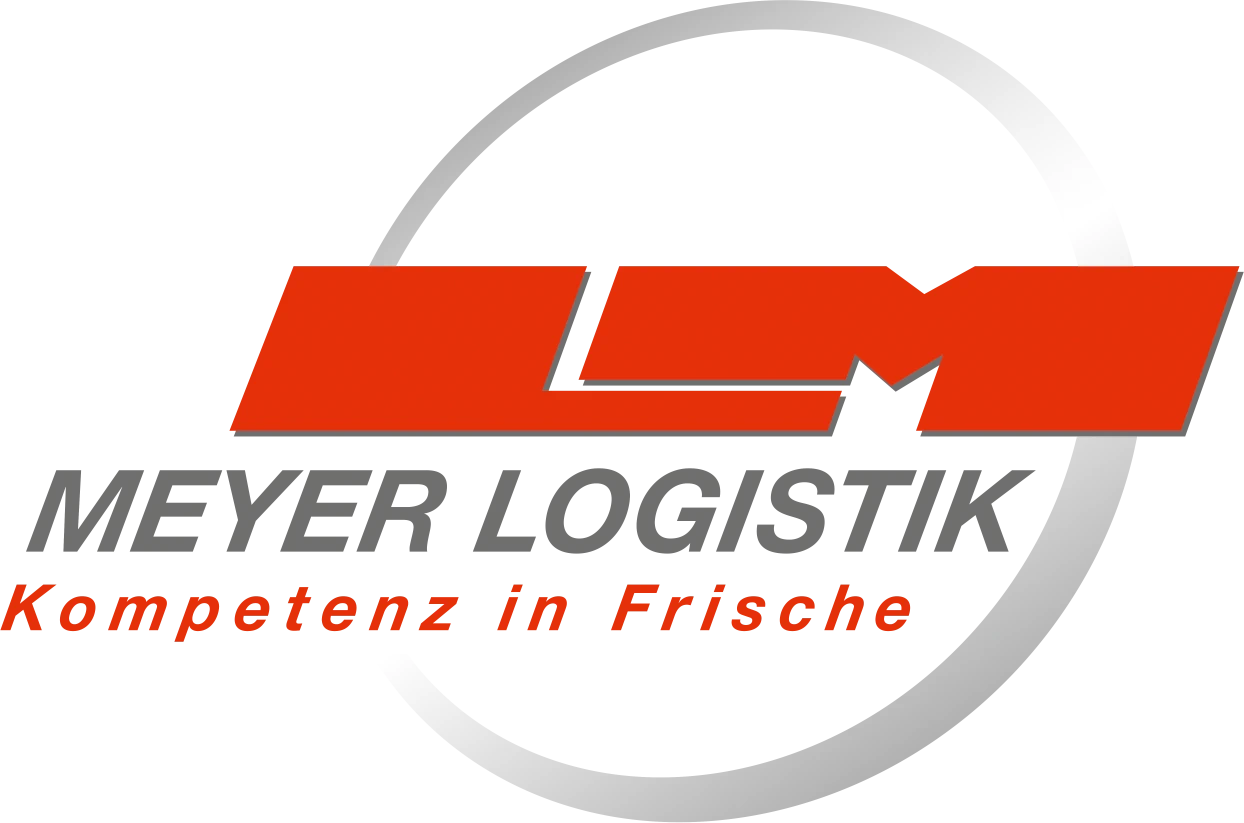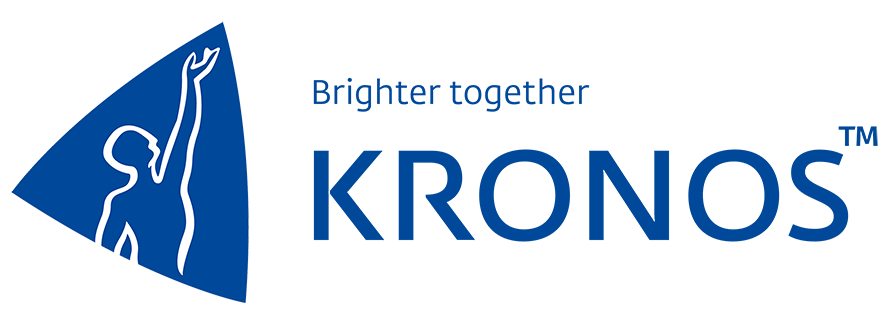Digital Forensics Expertise and Resource Allocation Checklist
This template outlines procedures for digital forensics expertise and resource allocation within an organization. It guides the identification of requirements, evaluation of resources, and allocation process to ensure effective utilization of digital forensic capabilities.
Digital Forensics Expertise
FAQ
How can I integrate this Checklist into my business?
You have 2 options:
1. Download the Checklist as PDF for Free and share it with your team for completion.
2. Use the Checklist directly within the Mobile2b Platform to optimize your business processes.
How many ready-to-use Checklist do you offer?
We have a collection of over 5,000 ready-to-use fully customizable Checklists, available with a single click.
What is the cost of using this Checklist on your platform?
Pricing is based on how often you use the Checklist each month.
For detailed information, please visit our pricing page.
What is Digital Forensics Expertise and Resource Allocation Checklist?
Digital Forensic Expertise and Resource Allocation Checklist:
- Identify key stakeholders and their roles in digital forensic investigations.
- Determine the types of devices and data sources that require examination (e.g., computers, mobile devices, cloud storage).
- Assess the expertise required for each device or data source (e.g., Windows, macOS, Linux, mobile operating systems, custom platforms).
- Allocate resources based on investigation complexity, scope, and timelines.
- Consider the need for specialized expertise in areas such as:
- Cloud computing
- Cryptography
- Internet of Things (IoT)
- Artificial Intelligence (AI) and Machine Learning (ML)
- Evaluate the availability of digital forensic tools and software (e.g., EnCase, FTK, X-Ways).
- Determine the need for external resources or contractors with specialized expertise.
- Develop a plan for allocating and managing resources during the investigation.
- Establish protocols for tracking and documenting resource utilization.
- Review and update the checklist regularly to ensure it remains relevant and effective in supporting digital forensic investigations.
How can implementing a Digital Forensics Expertise and Resource Allocation Checklist benefit my organization?
Implementing a Digital Forensics Expertise and Resource Allocation Checklist can benefit your organization in several ways:
- Improved Incident Response: By having a clear understanding of digital forensics expertise and resources available, organizations can respond more effectively to incidents, reducing downtime and minimizing damage.
- Enhanced Investigation Capabilities: A checklist ensures that investigations are conducted thoroughly, with the right expertise applied at each stage, leading to more accurate conclusions and better decision-making.
- Better Resource Allocation: By identifying digital forensics resources and allocating them efficiently, organizations can optimize their use of personnel, equipment, and software, reducing waste and improving overall efficiency.
- Compliance and Risk Management: Implementing a checklist demonstrates an organization's commitment to compliance with relevant regulations and standards, while also mitigating potential risks associated with digital evidence.
- Increased Efficiency: A structured approach to digital forensics expertise and resource allocation helps streamline processes, reducing the time and effort required for investigations and incident response.
- Improved Communication: By having a clear checklist in place, organizations can communicate more effectively with stakeholders, including law enforcement agencies, about their digital forensic capabilities and limitations.
- Enhanced Reputation: Organizations that demonstrate a commitment to digital forensics expertise and resource allocation tend to enjoy a stronger reputation among customers, partners, and investors.
- Reduced Costs: By optimizing resource allocation and improving incident response, organizations can reduce the financial impact of incidents and investigations, saving costs in the long run.
What are the key components of the Digital Forensics Expertise and Resource Allocation Checklist?
- Organization and Management
- Technical Skills and Knowledge
- Tools and Equipment
- Personnel Qualifications and Training
- Policies and Procedures
- Budget and Resources
- Incident Response Plan
- Data Collection and Analysis
- Evidence Handling and Storage
- Reporting and Documentation
Resource Allocation
Project Planning
Risk Management
Communication
Quality Assurance
Contingency Planning
Incident Response
Training and Awareness
Review and Revision
Expense Reduction
 34%
34% Development Speed
 87%
87% Team Productivity
 48%
48% Generate your Checklist with the help of AI
Type the name of the Checklist you need and leave the rest to us.
 Made in Germany
Made in Germany Fair Pricing Policy
Fair Pricing Policy




























 Certified Security and Data Protection
Certified Security and Data Protection Active Support and Customer success
Active Support and Customer success Flexible and Fully customizable
Flexible and Fully customizable